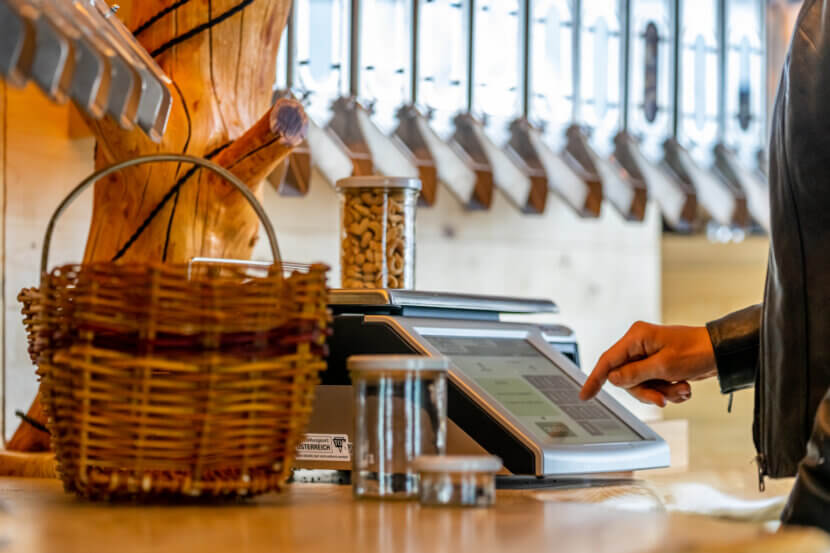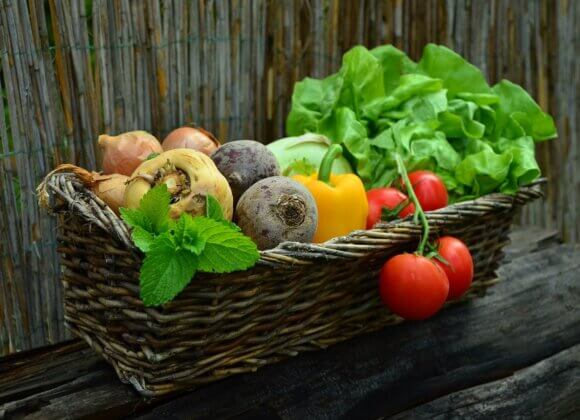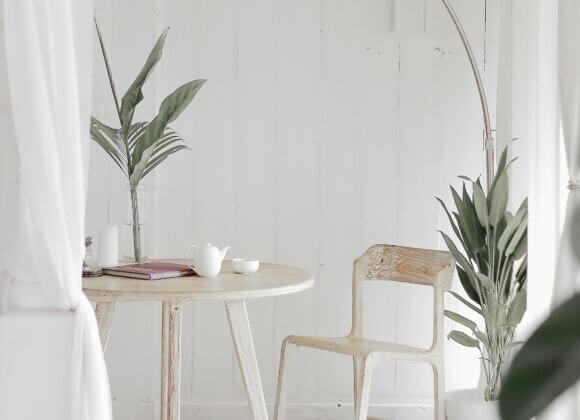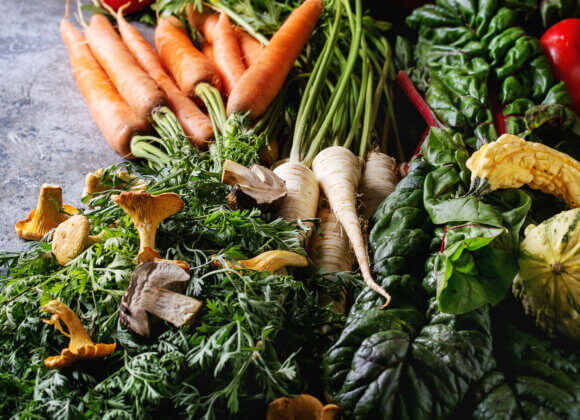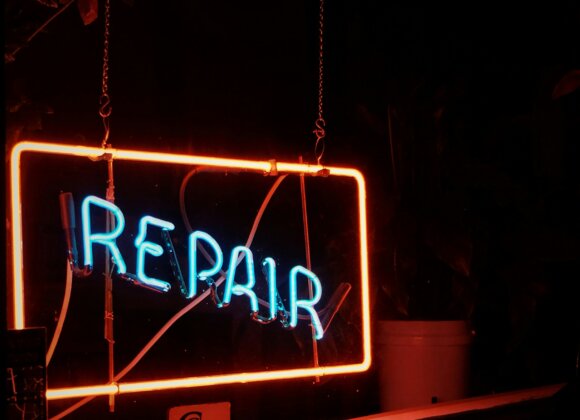According to the Federal Environment Agency, around 500 kilograms of waste per person per year – from packaging and food to textiles, bulky waste, waste paper and used glass – was recently generated in domestic households. On the one hand, this waste needs to be recycled, but on the other, many valuable resources are lost. This is precisely where the zero-waste movement comes in.
Zero waste, simply explained
“We have become a consumer and throwaway society and are using more resources than the earth can provide,” says Daniela Hinteregger, Chairwoman of Zero Waste Austria. This will soon be the case in Austria: Country Overshoot Day will be reached on March 29 this year – the country’s resource quota for the whole year will then be used up. “Zero waste is a lifestyle that conserves resources according to the motto ‘less is more’ and thus protects the environment. Avoiding waste is an important issue here,” says Hinteregger.
How can you live zero waste?
The basis for a zero waste lifestyle, which avoids waste and conserves resources, is conscious shopping. The five R’s of Zero Waste can provide guidance here:
-REFUSE: Is it possible without this product/waste?
-REDUCE: Do I really need these things?
-REUSE: Can I use that again?
-RECYCLE: Can I use this again in a different way?
-ROT: Can this be composted?
“For example, before you go grocery shopping, you should think about what you want to cook this week and how any leftovers can be used,” advises Hinteregger. Making your own cleaning products or bringing your own reusable cup for your daily coffee to go are other approaches to a zero waste lifestyle. However, Hinteregger has another tip for making the switch: “It’s best to start in small steps. This makes it easier to stay on the ball and the sense of achievement comes more quickly”.
What is the best way to buy zero waste?
The same applies here: conscious shopping is required. As a large proportion of household waste is caused by packaging waste when buying products such as fruit, vegetables, cereals, pasta etc., it is important to buy products that leave little or no packaging waste behind. This is the case, for example, if you buy loose fruit and bring your own containers, such as nets or bags, to transport it. Sausage, meat and cheese bought at the delicatessen counter can also be stored in containers that you bring with you. “Another tip is to buy large containers – perhaps together with friends,” says Hinteregger. This is because the containers for staple foods are usually made of a firmer material and can therefore be reused.
A hot tip: Zero waste or unpackaged stores
Zero waste or unpackaged stores specialize in offering food and other products in as little packaging as possible. To do this, they buy the goods in larger containers from the manufacturer or distributor and fill them into jars or dispensers. Customers come to the store with their own bags, jars, tins or other containers and fill them with the products they need. “Milk and yogurt, for example, are available in returnable bottles,” explains Hinteregger.
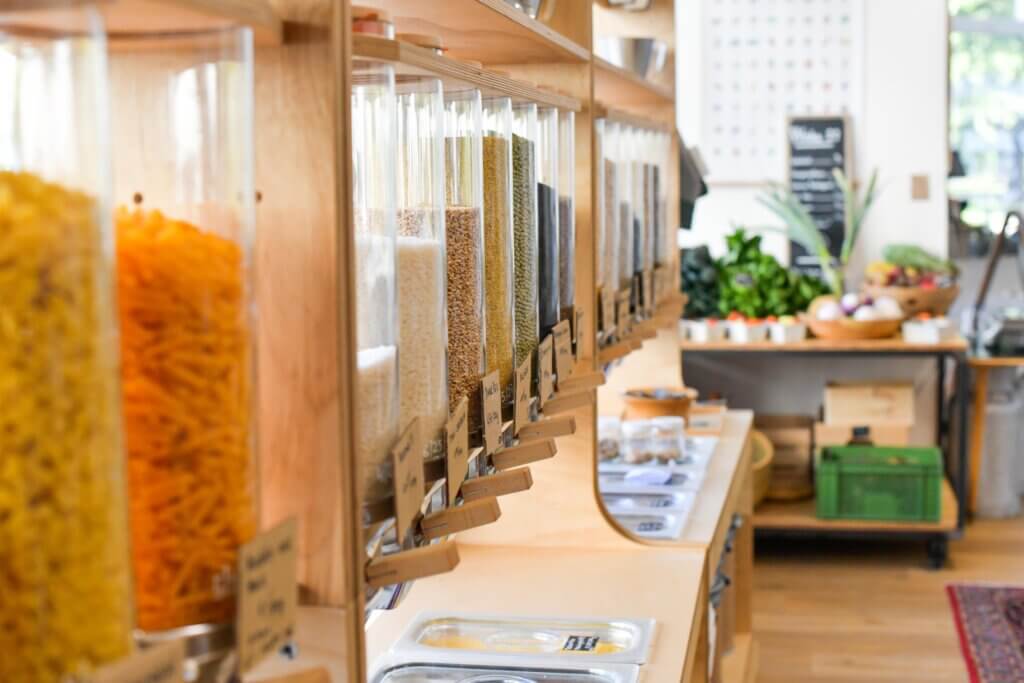
What to do if there is no zero waste or unpackaged store?
In this case too, there are ways to avoid waste and conserve resources: In addition to the large containers already mentioned, buying food at the market is just as important as buying it from a farm store or sales container. But waste can also be reduced with other products: Hair shampoos, for example, also come in soap form, often loose or just packed in a box. In addition, numerous other products, such as perfumes, are also available for refilling. This also applies to detergents and cleaning products – many drugstores have their own refill stations for these.
How sensible is zero waste?
The question of how sensible the zero waste principle is and why we should live according to this principle is quickly answered: The earth’s resources are limited, there is no second planet earth. “When I am asked this question, I like to ask the following counter-question: Do you want your children to have a good life?” says Hinteregger.
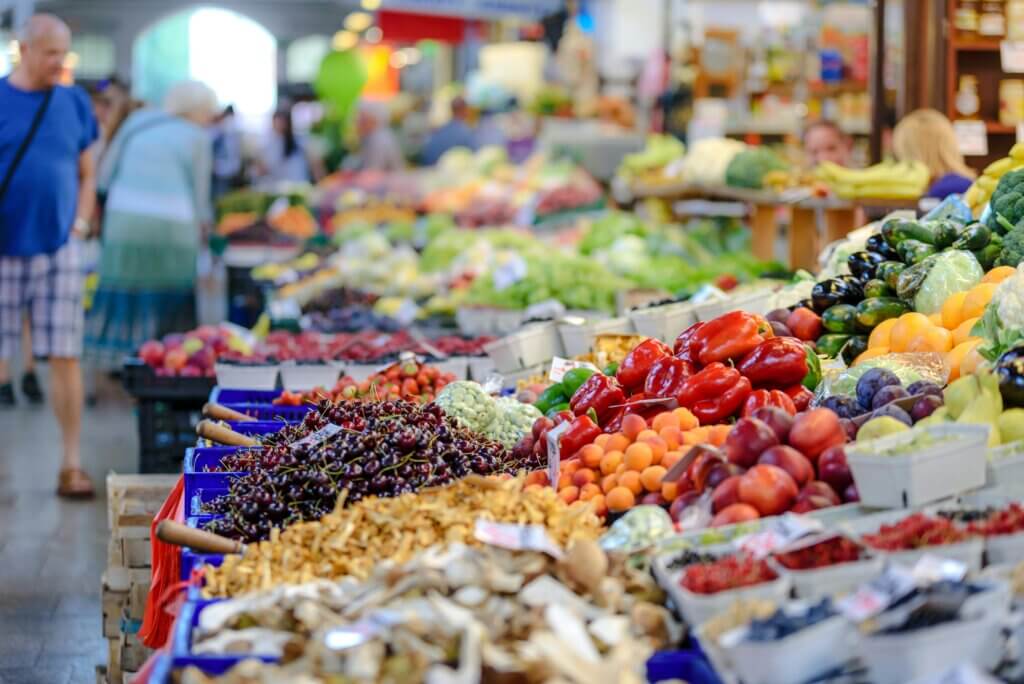
5 tips to avoid waste when shopping
- Plan your shopping, not least to avoid unnecessary impulse purchases that are not necessary
- When shopping, look out for low or zero waste products, i.e. things with little or no packaging
- Go for products that are refillable
- If possible, shop in unpackaged or zero waste stores, at the market or in farm stores and containers
- Bring your own containers such as baskets, nets, jars, cans and similar items to store your shopping in
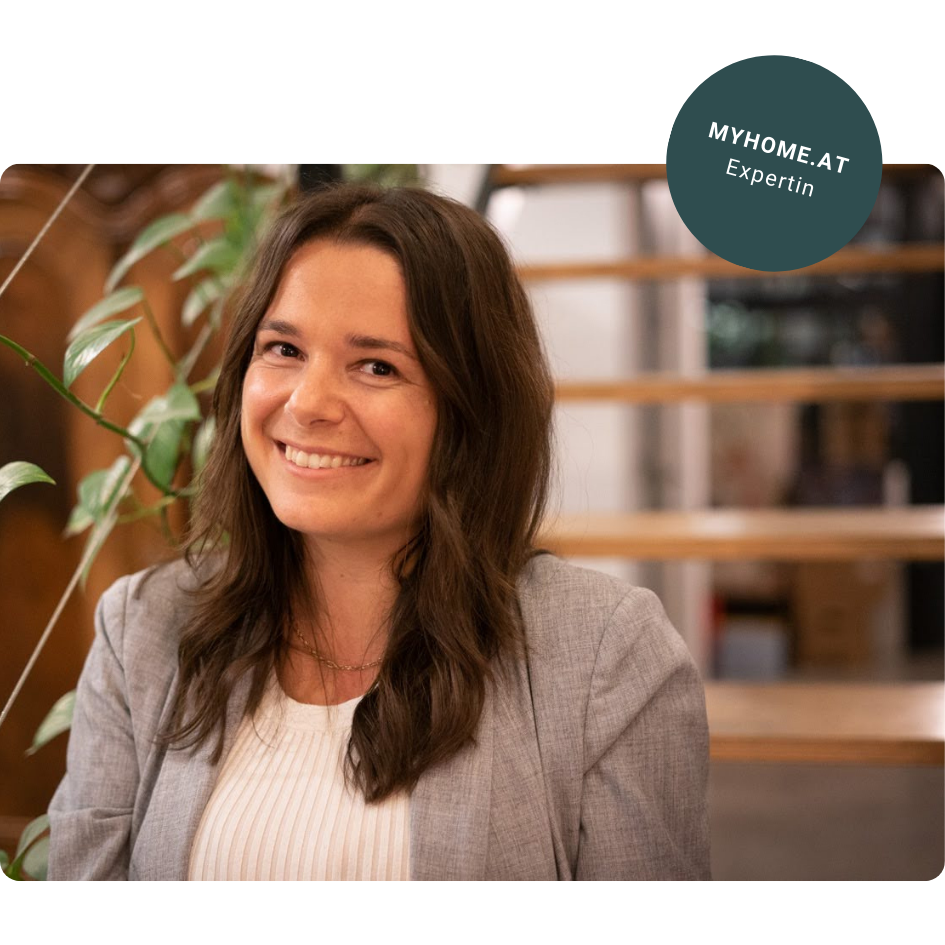
Daniela Hinteregger is a passionate advocate of sustainability whose values were shaped on her grandparents’ farm. Professionally, she combines her expertise in marketing, project management and IT software to promote sustainability in mobility. In addition, as chairwoman of Zero Waste Austria, she works with a great team of volunteers to raise awareness and educate people about resource conservation in Austria. As a blogger, she shares her experiences and inspires others to act sustainably in a conscious and future-oriented way.
Photos: Unverpackt Laden and Pixels
Related posts:
Sustainable furnishings: living with a clear conscience


